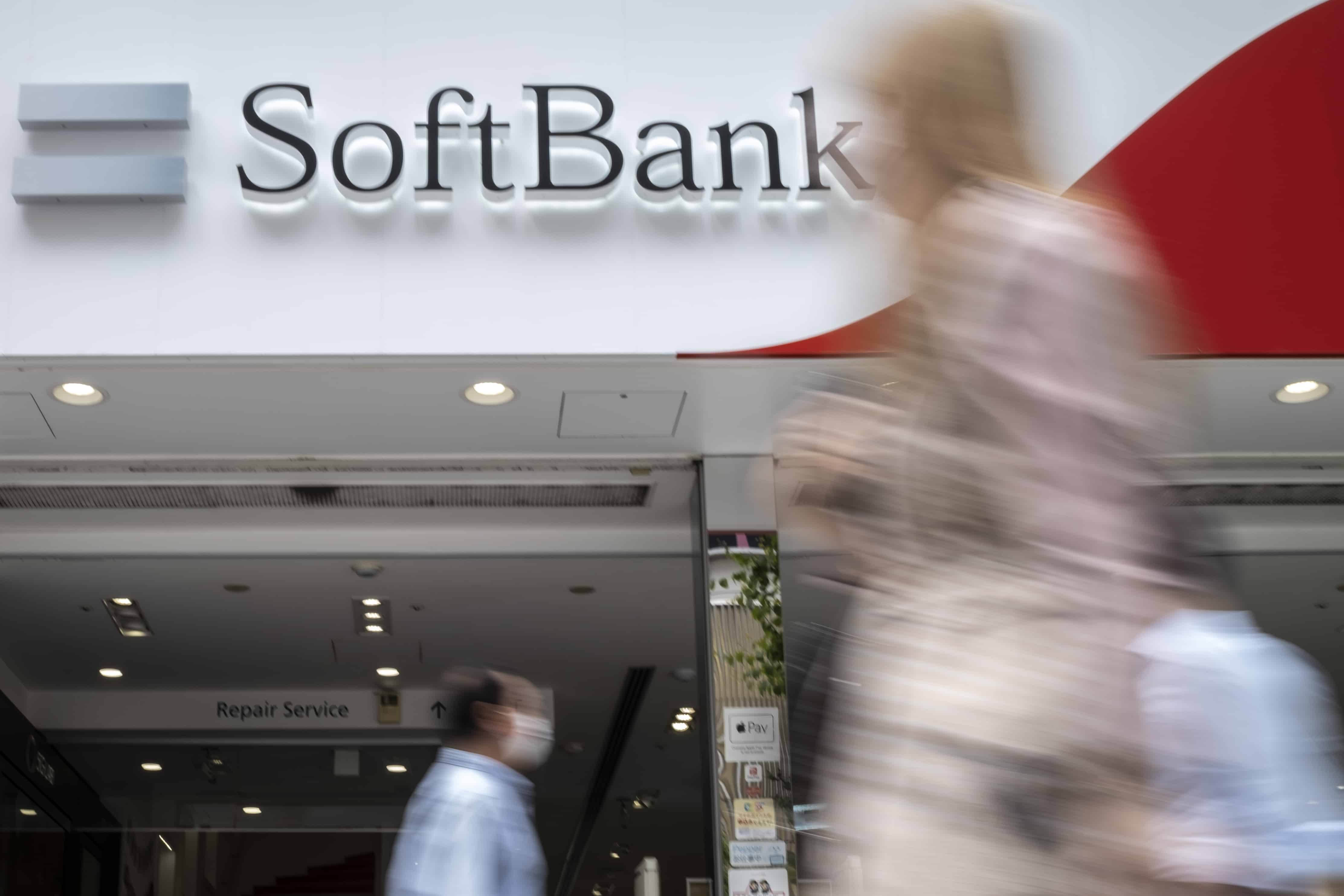Japanese investment giant SoftBank Group on Thursday logged a record annual net loss after a bruising year that saw its assets hit by a US tech share rout and a regulatory crackdown in China.
SoftBank’s big stakes in global tech giants and volatile new ventures have made for unpredictable earnings, and the latest tumble comes with tech shares tanking as the United States hikes interest rates to tackle inflation.
The company reported losses of 1.71 trillion yen ($13.2 billion) in the year to March 2022 — a vertiginous plunge from its nearly five trillion yen net profit the previous year, when huge market rallies boosted results.
Reporting an eye-watering investment loss of 3.4 trillion yen, SoftBank said its tech-focused Vision Fund suffered falls “due to a decline in the share prices of most listed portfolio companies”.
In the past six months, the tech-rich US Nasdaq index has lost more than 28 percent of its value.
The Japanese group’s losses were deepened by the many shares it holds in Chinese ride-hailing giant Didi Chuxing and e-commerce group Alibaba, which have been hit by a crackdown by Beijing on the country’s private sector.
And the icing on the cake was the falling yen, which has recently hit 20-year lows as the gap widens between US tightening and Japan’s ultra-loose monetary policy.
– ‘Ups and downs’ –
In 2019-20, SoftBank Group reported a then-record net loss of 961.6 billion yen, as the emergence of Covid-19 compounded woes caused by its investment in troubled office-sharing start-up WeWork.
But its earnings rebounded in 2020-21 — when it reported Japan’s biggest-ever annual net profit — after people moved their lives online during the pandemic, sending tech stocks soaring.
In February, SoftBank said the $40 billion sale of its microchip powerhouse Arm to Nvidia had collapsed because of “significant regulatory challenges” over competition concerns, and it now plans to take the unit public.
Nvidia is one of the world’s largest and most valuable computing companies, while British company Arm’s tech dominates the global smartphone market.
SoftBank had announced the deal in 2020, when it was valued at $40 billion, although the sum would have been higher now thanks to a rise in Nvidia’s share price.
Amir Anvarzadeh of Asymmetric Advisors said “all hopes” were now on Arm going public, but warned that a very high price would eventually prove damaging.
“We suspect anything more than $30 billion for Arm will leave it overvalued and vulnerable to a likely sell-off soon after.”
The IPO faces headwinds, including the current market slump which makes a hefty valuation for Arm unlikely, and SoftBank CEO Masayoshi Son conceded the move could be delayed if conditions seemed unfavorable.
Hideki Yasuda, senior analyst at Toyo Securities, told AFP that while the tech sector SoftBank is focused on is not doing well now, it is worth taking the long view.
“It’s important for investors to think about what might happen in 20 years,” he said before the earnings announcement.
“They must accept ups and downs in the short run,” Yasuda said, noting that it took years for Alibaba to become a viable investment for SoftBank.
Son, who has been criticized for an investment strategy seen by some as overly optimistic, sounded an unusually cautious note in a presentation Thursday.
“When it comes to new investments, we are being more selective,” he said.
“As the world is in chaos, we want to make sure that we have plenty of cash… instead of making new investments randomly.”







